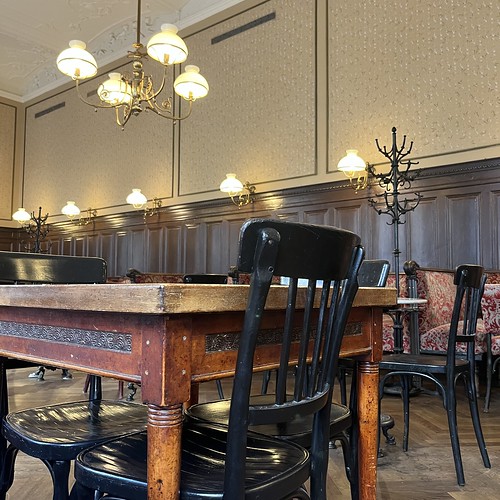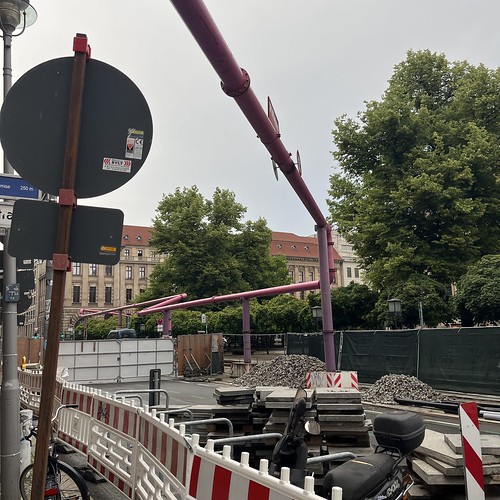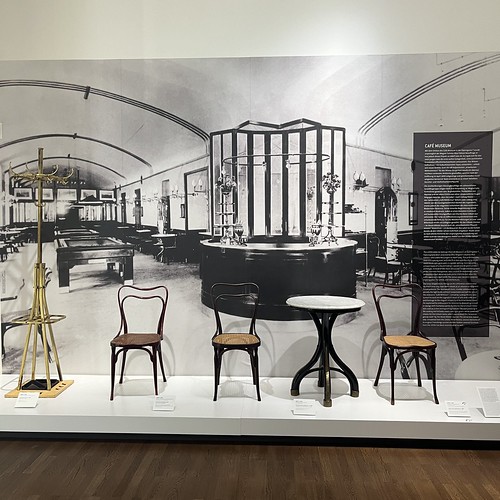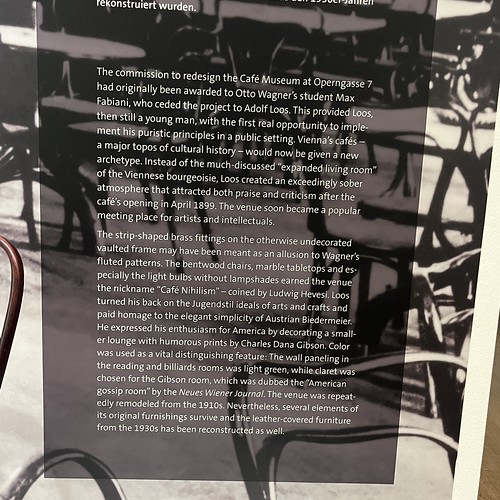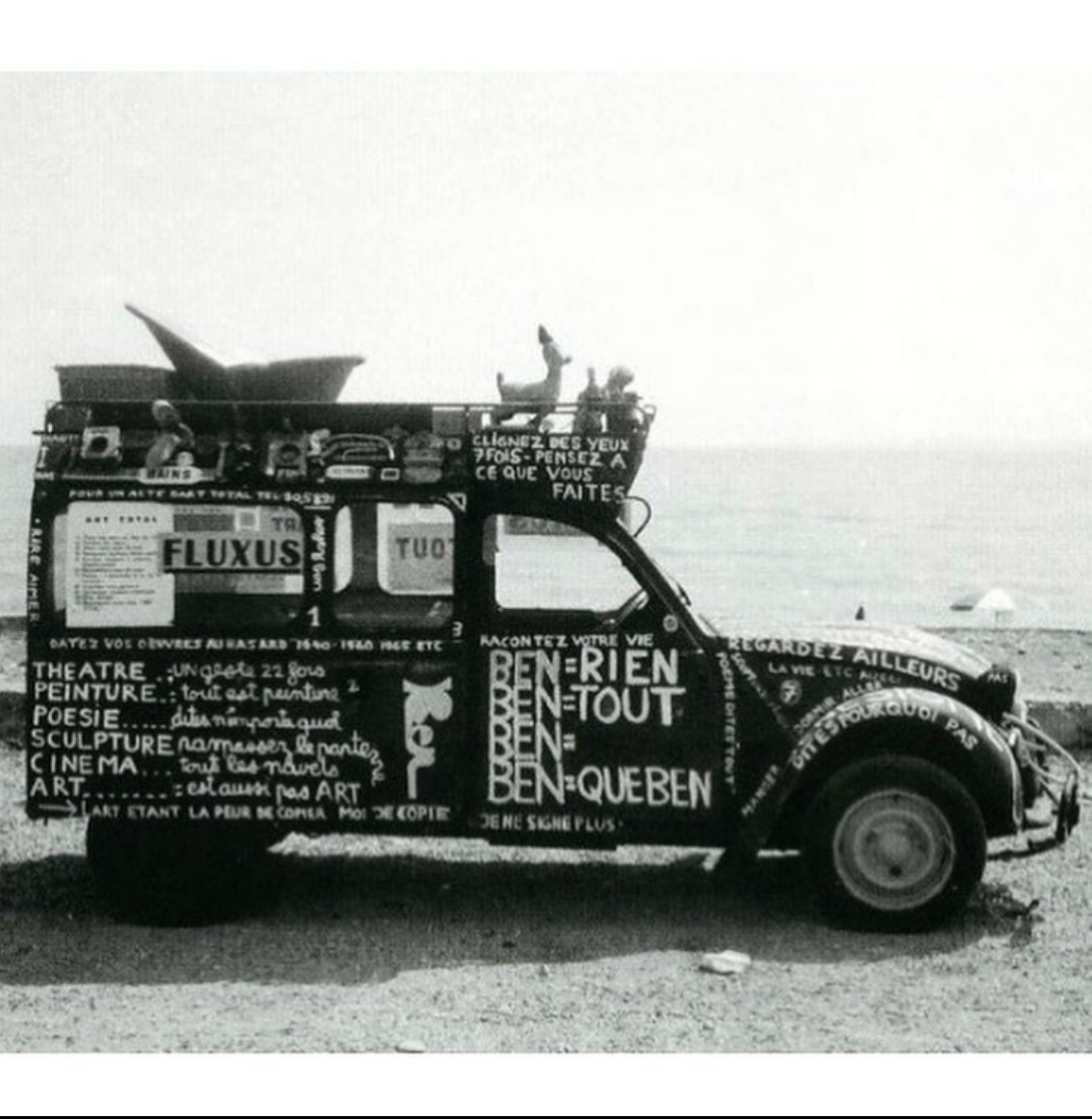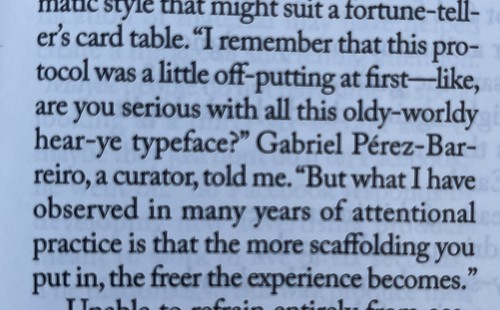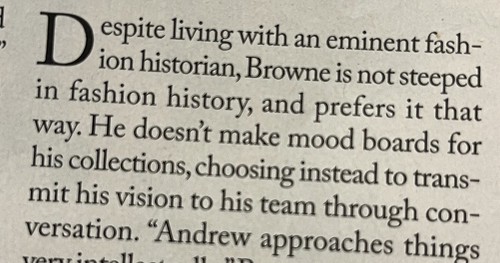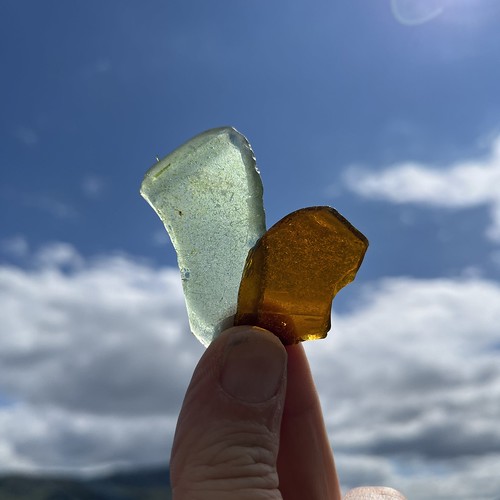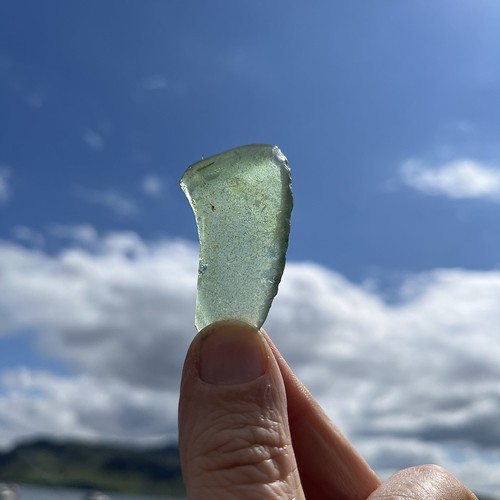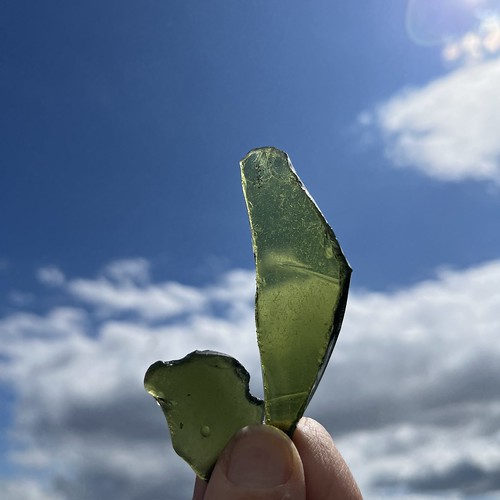We've just been on holiday on trains across Europe. Paris. Berlin. Prague. Vienna. Anne is on a lifetime quest to see all the the extant Caravaggios and I thought I'd like to visit cafes. Observe some non-EBCB cafe culture. It was excellent fun.
My two favourite places were Le Sancerre in Paris and Cafe Sperl in Vienna. Things about them:
Le Sancerre
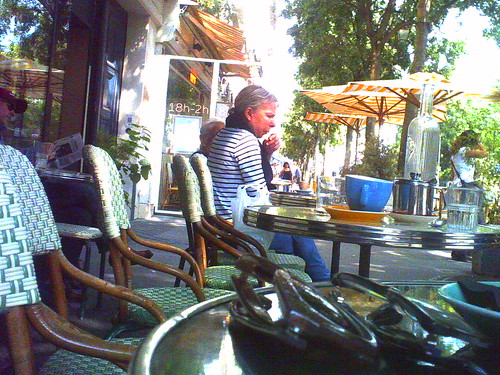
We spent several happy hours sitting with coffees at the Sancerre watching the world go by. It is in fashion-y area so we were delighted by the enormous number of very tall, very thin people striding past in splendidly deliberate fashions. Tiny waists, massive boots, lots of black, neck tattoos, mullets, scarves, leather. It was so nice to see real effort being made.
The Sartorialist has been hanging out in the same neck of the woods.
It brought to mind a bit of Tony Judt's Thinking the Twentieth Century about the duty of historians to write well.
"That not only should we write well because that means that people buy our books and not only should we write well because that is what history is, but also because there aren’t that many crafts anymore that have a responsibility to the language. Whatever sort of responsible craftsmanship remains, we’re right in the middle of it."
We have a responsibility to clothes. We're wearing clothes we might as well get good at it. It made me want to up my game a bit. Maybe I should talk to Wardrobe Strategy.
But the thing we realised about the Sancerre and other typically French cafe configurations is that you're not sitting opposite each other, parallel to the street. (We're talking about outside seating here. We were on holiday). You're sitting alongside each other, facing the street. This has a number of advantages for a couple engaged in people watching and chatting.
1. There's that well observed effect where you have better conversations if you're not looking each other in the eye. Driving. Walking. Walking meetings. Watching telly on the sofa.
2. And, for people watching it's best if you're on the same plane. Clearly you lose the 360 awareness of looking other each others shoulders but you gain a common gaze. You can see what you're both seeing and you can see that you're seeing it. So the context is instantly understood if you raise an eyebrow or say, as we often did, 'excellent hat'.
Cafe Sperl
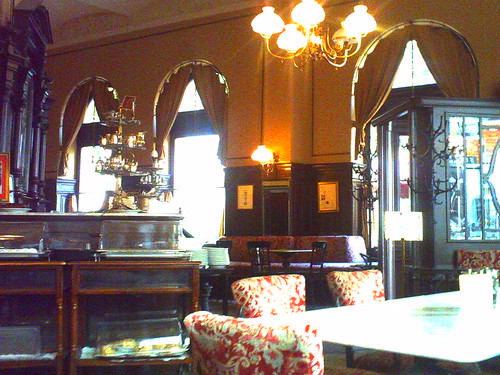
While I was away I got an email from a journalist writing another 'why are all the greasy spoons closing down' article. I made the same point I often do. There are people who love the faded, melancholic atmosphere of a place gone to seed. Writers, photographers, cafe bloggers, people doing album covers. There's an attention for ancient formica and 'patina'. But, obviously, these places also tend to be short of attention and energy. And often, the reason for the melancholy and emptiness is that they're about to go out of business. So they do. What people actually, mostly, want is somewhere that feels lively and cared for and clean. They don't want ancient patina, they want something clean.
Many of the great old cafes in Paris and Vienna have dealt with this by becoming hermetically preserved for tourists. They market the old stories but everywhere's had many licks paints. And there are queuing systems and adjacent pop-ups to deal with the overflow. You're not sitting next to the ghost of Hemingway. Though soon you might be sitting next to his hologram. It's like what the PE money did to Patisserie Valerie or is doing to Lina. Taking something quirky, odd and interesting and franchising the life out of it. It's not wrong. These are, fundamentally, businesses, but it has to be done very carefully or you kill the thing you paid for.
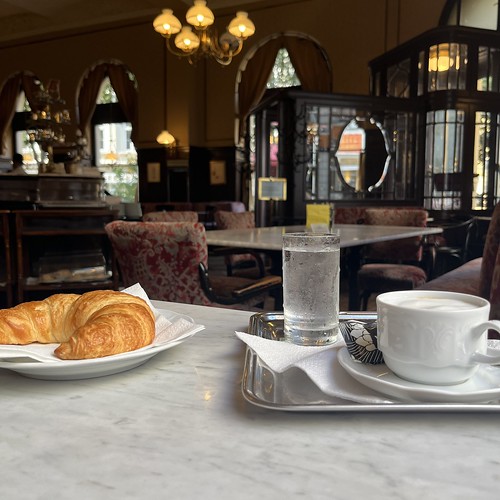
Anyway, Café Sperl is not like that. It's appealingly shabby. A bit like Calke Abbey. You do feel like there might be a painter or novelist in the loo. But it's still attentive and bustling and energetic. The service and the food and the coffee is great. They care. And they still have a selection of newspapers you can read. That means something, they're not going to hurry you out if they've offering you a newspaper.
